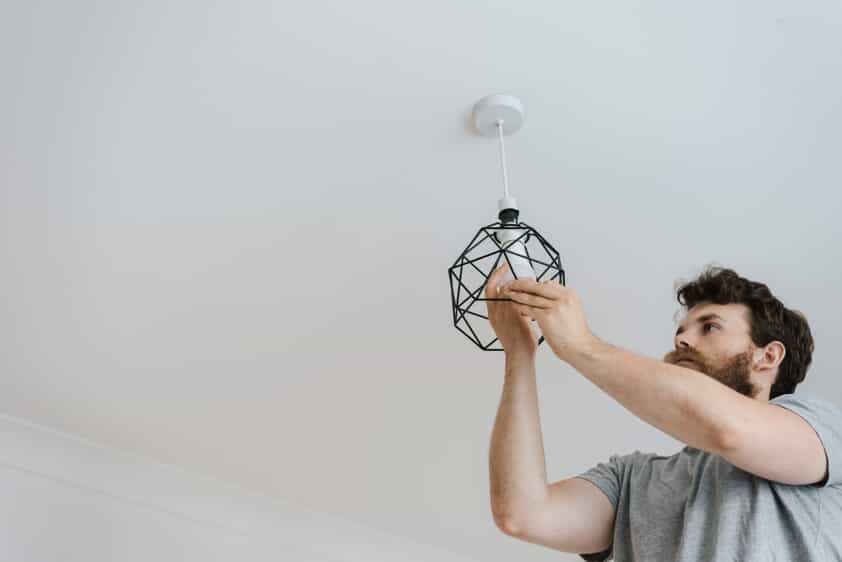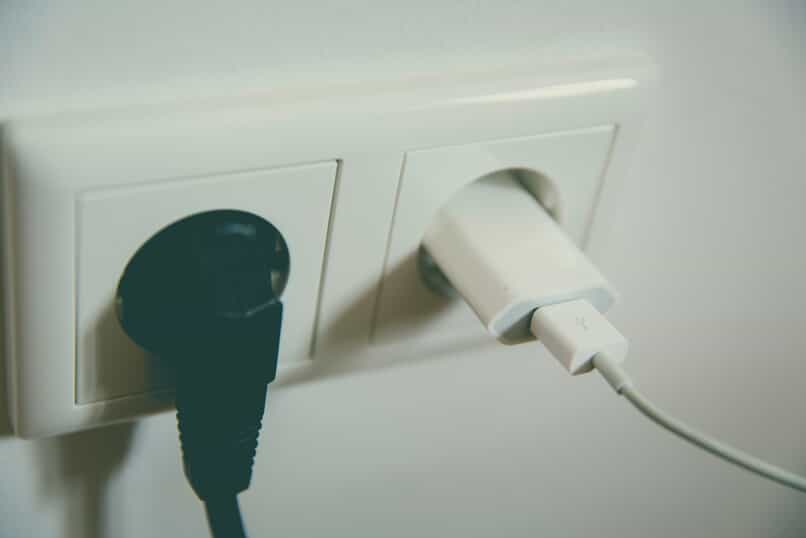7 Common Electrical Problems in Homes, and How to Fix Them

Electricity is Essential for Modern Life, But Can Be Dangerous
In modern homes, electrical functioning is essential for daily living, powering everything from kitchen appliances to home entertainment systems. Yet electrical problems are all too common and can range from minor annoyances to significant hazards. In this guide, we'll cover 7 typical electrical problems that homeowners face and provide practical solutions for each. Always remember to consult a licensed electrician for serious or persistent problems, as a DIY electric repair can be dangerous.
1. Frequent Electrical Surges
Electrical surges are sudden spikes in voltage that can be caused by damaged power lines, faulty appliances, or bad electrical wiring.
How to Fix It

Determine the source by observing when surges occur and unplug faulty devices or seek professional electric repair if problems persist.
2. Sags and Dips in Power
Sags and dips in power are short-term drops in voltage. These often occur when faulty devices are connected to your power grid.
How to Fix It
Check for malfunctioning devices, disconnect them, and seek professional electric repair if necessary.
3. Overloaded Circuits
An overloaded circuit happens when more current is drawn than the circuit can handle. It's a common issue that can lead to potential dangers like fires.
Common signs include:
- Flickering lights
- Buzzing noises
- A burning smell
How to Fix It:
Redistribute the power load to other circuits and use proper extension cords designed for the load, adhering to the National Electrical Code (NEC) regulations. Consult a professional for electric repair if the problem persists.
4. Flickering or Dimming Lights
Flickering or dimming lights can be a sign of a poor connection somewhere in the circuit.
How to Fix It:
Check bulbs and connections yourself
If the problem continues, it's time for professional electric repair
5. Switches Not Working Properly
Switches failing to function may indicate bad workmanship or underlying issues within the circuit.
How to Fix It:
- DIY solutions like tightening connections may work
- If not, professional electric repair should be sought
6. High Electric Bill
https://www.pexels.com/photo/eight-electrical-metric-meters-942316/
{8 industrial electric meters mounted on a wall}
Your electrical bill might spike due to various reasons, including leaking electricity, an old electrical system, or inefficient appliances.
How to Fix It:
- Monitor your usage to identify any unnecessary power consumption
- Upgrade to Energy Star certified energy-efficient devices
- Consult with an energy auditor if necessary
7. Frequent Circuit Breaker Tripping
Frequent tripping means a circuit breaker is shutting off to protect the circuit from overheating. Common reasons include using high-wattage devices on the same circuit.
How to Fix It:
- Use separate circuits for heavy devices
- If the problem continues, professional inspection and electric repair are crucial
Quick Tips for Electric Repair
Problem | DIY Solution | When to Call a Professional |
Electrical Surges | Unplug faulty devices | Persistent issues |
Overloaded Circuits | Redistribute power load | Continued overloading |
Flickering lights | Check bulbs and connections | No improvement |
High Electric Bill | Monitor usage and upgrade appliances | Unexplained bill hike |
FAQ Section: Common Questions About Electric Repair
Q: Can I handle all electric repair work myself?
A: While some minor issues can be tackled by homeowners, such as tightening connections or changing bulbs, more complex electrical problems should be handled by a licensed electrician. Working with electricity can be dangerous, and a professional has the required training and equipment to safely perform repairs.
Q: What are the signs of bad electrical wiring in a home?
A: Signs of bad electrical wiring can include frequent circuit breaker tripping, flickering or dimming lights, buzzing sounds, or burning odors. For a more detailed insight, refer to our blog post on the signs of bad electrical wiring in your home.
Q: How can I reduce my electric bill?
A: You can reduce your electric bill by:
- Using energy-efficient appliances
- Turning off lights and unplugging devices when not in use
- Regularly maintaining and inspecting your electrical system
- Considering electrical upgrades to future-proof your property
Q: Are annual electrical safety inspections necessary?
A: Yes, annual electrical safety inspections are crucial to ensure that your electrical system is operating safely and efficiently. They help in identifying potential issues early, reducing the risk of significant problems down the line.
Q: What should I do if I experience frequent electrical surges?
A: Frequent electrical surges can be a sign of underlying issues. Try to identify the cause by observing when surges occur and disconnecting any faulty devices. If the problem persists, it may indicate a more serious issue and professional electrical repair should be sought.
Q: How do I know if a circuit is overloaded?
A: An overloaded circuit may manifest through flickering lights, buzzing sounds, or a burning smell. If you experience these symptoms, redistribute the power load, use proper extension cords, and consult a professional if the problem continues.
Q: When should I consider upgrading my electrical system?
A: If your home's electrical system is old, you frequently face electrical issues, or you're adding significant new electrical loads (such as new appliances), it may be time for an upgrade. Consult a licensed electrician to assess your needs and recommend the appropriate changes.
Q: Is it safe to use multiple extension cords?
A: Using multiple extension cords can lead to overloaded circuits, which is a fire hazard. It's essential to use extension cords designed for the load and limit their use to temporary situations.
In Summary
Addressing common electrical problems in homes is essential for both safety and convenience. While some minor issues can be solved by homeowners, the emphasis should be on understanding when to call for professional help. Regular annual electrical safety inspections can prevent many of these issues from arising.
If you have persistent issues and are in need of an electric repair, our expert team is ready and waiting to professionally diagnose the issues and provide a free quote for work. Get in touch today to ensure your property is electrically safe and working efficiently.

